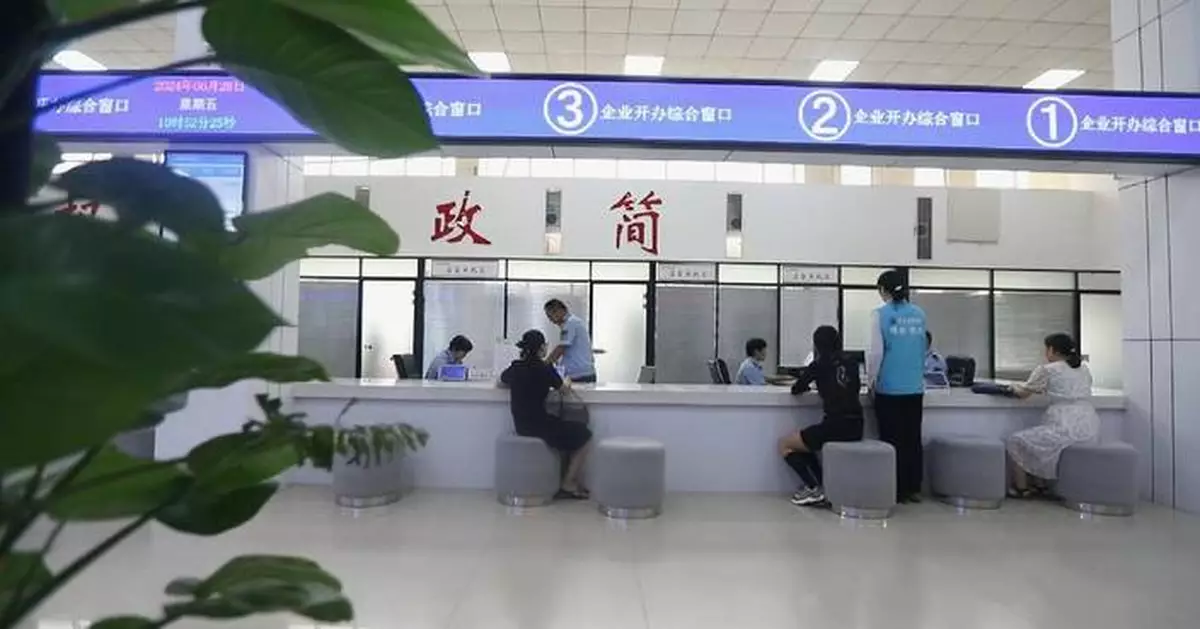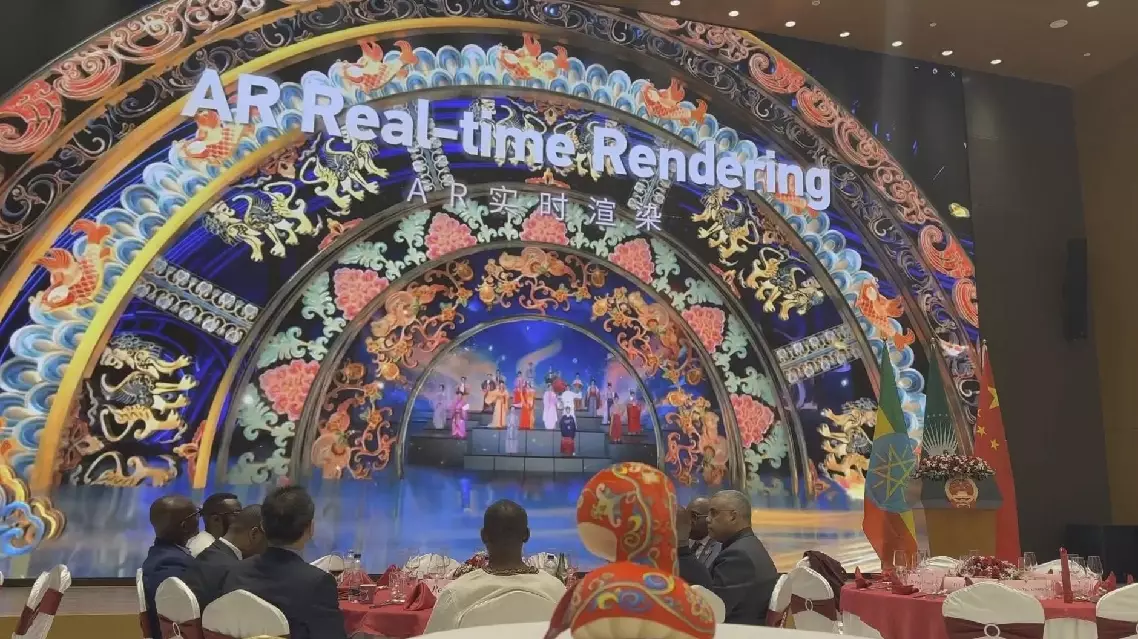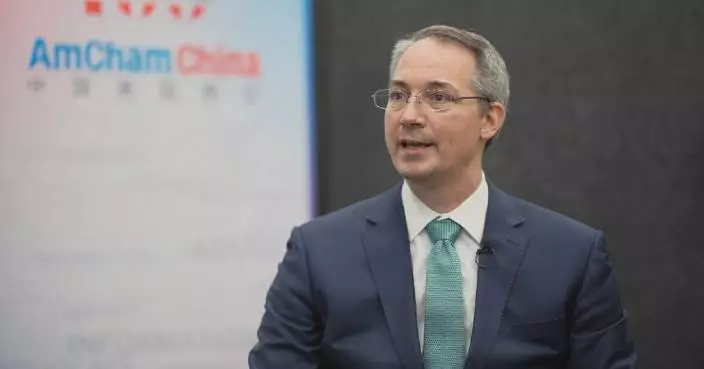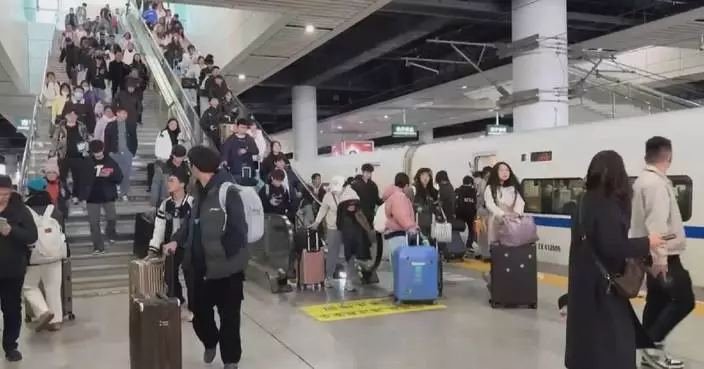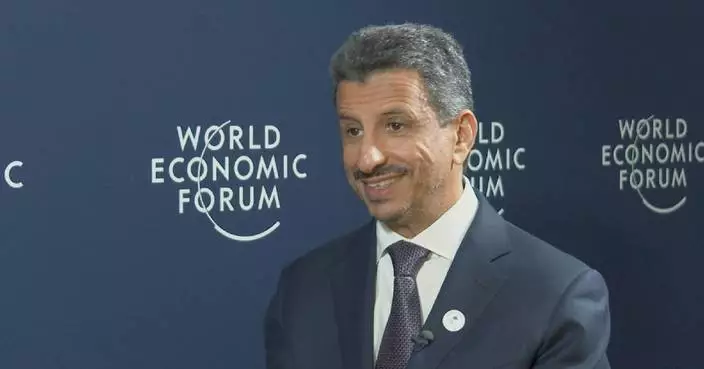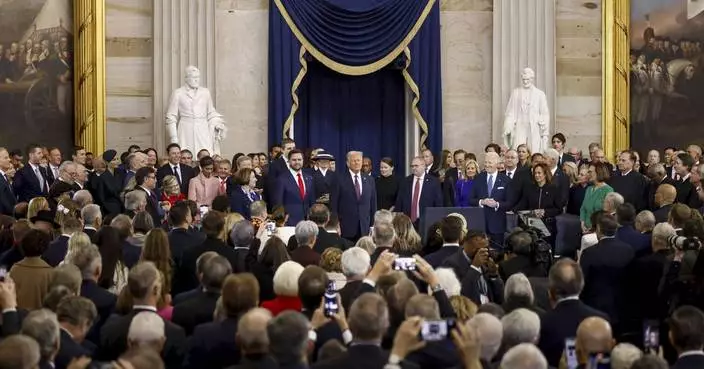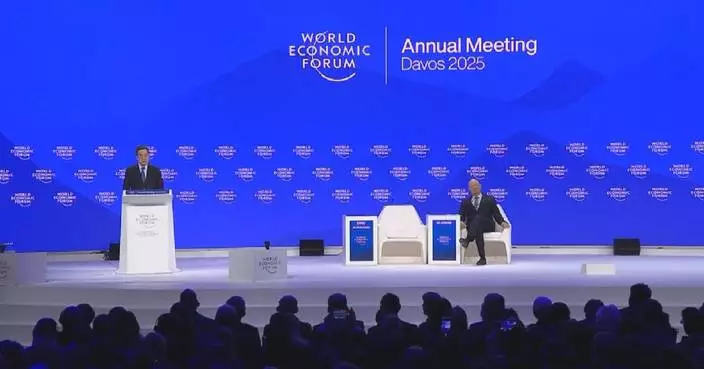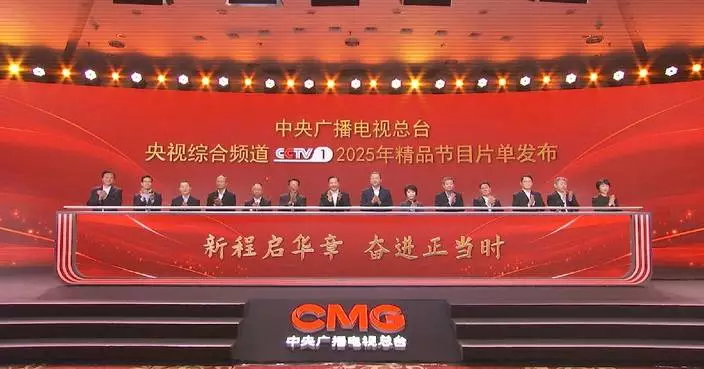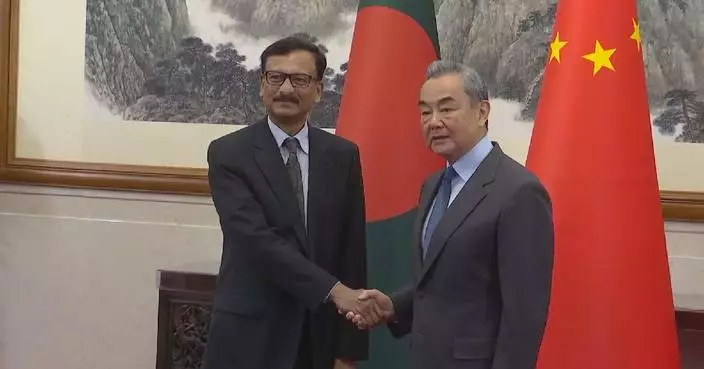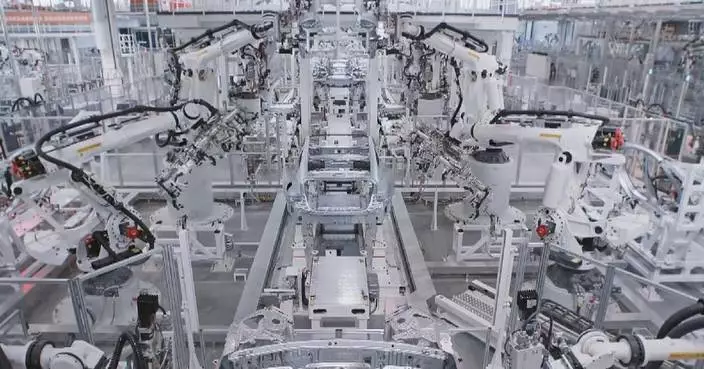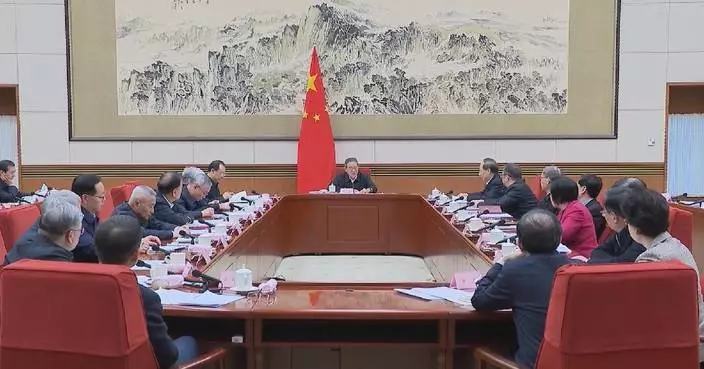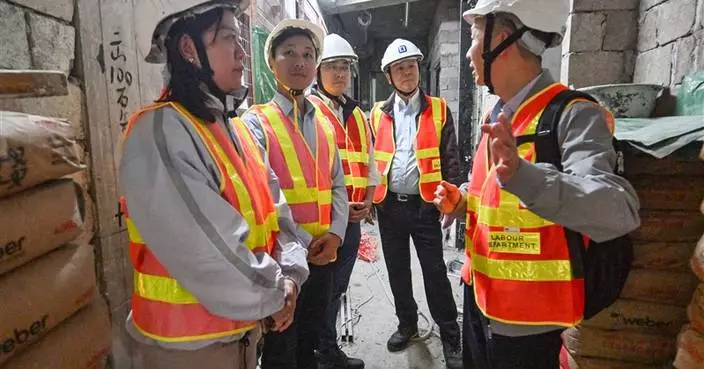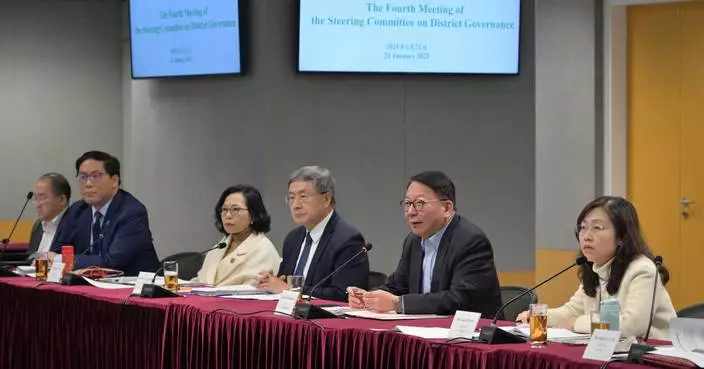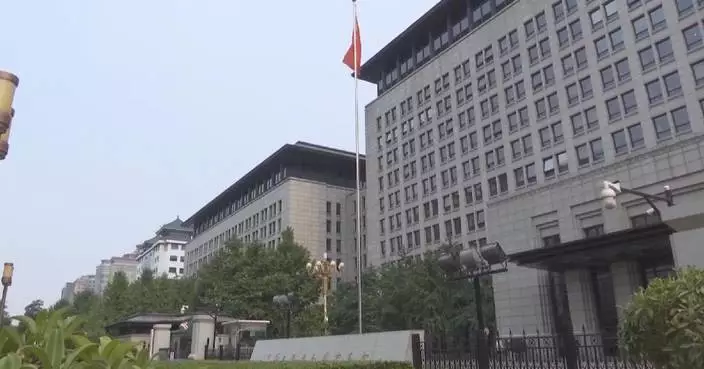China has marched forward on its way to optimize administrative services for the public in all these years by streamlining approval process and integrating different civil service departments to provide one-stop services with support of digital technologies.
In Lankao County of central China's Henan Province, Fu Xianxiang is preparing to open a tea house this summer. After decoration, Fu is only one step away to the operation of his business. He needs to apply for a business license.
"I've applied for a business license before. It was tiresome. I needed to prepare paper documents and fill in all kinds of forms. Then there was a long approval process," said Fu.
"We must make some changes. Before, people had to visit several civil agencies to get their approval. There was a newspaper report about one applicant visiting 38 offices to get their approval. The process usually took months," said Meng Fanzheng, then director of the civil service hotline office in Lankao.
In March 2014, Chinese President Xi Jinping, also General Secretary of the Central Committee of the Communist Party of China (CPC), inspected Lankao's civil service center, where he urged local authorities to improve administrative services.
"Our duty is to provide convenient services for the people. Whether it is convenient or not, we need to see whether our service is effective. What is the most fundamental is whether we're ready to serve our people. If we regard the people as our own parents, our own brothers and sisters, we will show a good attitude," said Xi.
In fact, in 1990, Xi, the then municipal Party secretary of Fuzhou, took the lead to reform administrative services, requiring timely response to people's needs.
"It is not that we don't have solutions to many problems. It is that no one takes action to solve it. Therefore, I say actions come first," said Xi.
After several rounds of inspections, at the first meeting of the CPC Central Committee for deepening overall reform held on March 28, 2018, Xi emphasized the importance of optimizing one-stop services and further promoting centralized administrative review and approval work. Four years later, Xi once again focused on administrative services reform, stressing improved services and coordinated work among departments of different levels, in different areas, and from different systems.
"The general secretary proposed building digital China, using the Internet, digital and information technologies to promote construction of digital government. For example, if one wants to make an application, one needed to submit documents repeatedly before. But now, we have digital technologies. People need to submit relevant information only once, which will be stored in our database. When they visit the civil service center, we can use those information. If we can use digital means to solve problems, there is no need for people to visit us," said Chen Jingjing, director of the Civil service and Big Data Administration of Lankao County.
For senior residents who have difficulties in using online platform or traveling around, there are special civil servants to provide door-to-door services.
"For senior residents, they don't need to go to the village office. They only need to make a phone call, and we will visit them," said Li Tingting, a civil servant at Baiyunshan Village.
Starting from 2021, the Lankao County Administrative Service Center has gradually integrated 30 departments, achieving the goal of handling multiple tasks with just one click.
"After organizing our services, we offer an coordinated service plan using information technology and digital means. For example, if you want to register a marriage, it involves updating the household registration, obtaining a hospital birth certificate, and more. We package these matters together, so when you go to register a marriage, you can handle four or five tasks at once," said Chen.
Today, the processing time for marriage and childbearing matter in Lankao has been reduced from 22 working days before the reform to just one working day. The number of visits required has also decreased from six before the reform to only one. Similarly, for the matter related to newborns, the processing time has been reduced from 62 working days to one working day, and the number of required documents has decreased from 17 to six.
"Before, the whole process cost three to four days. Now I can get my business license in 30 minutes, if everything goes smoothly," said Fu.
"We no longer need to visit other offices. All the matters can be done here. It's much easier," said an applicant.
After getting his business license, Fu rushed back to his tea house. He is sure the tea house will start to receive customers before the end of this summer.
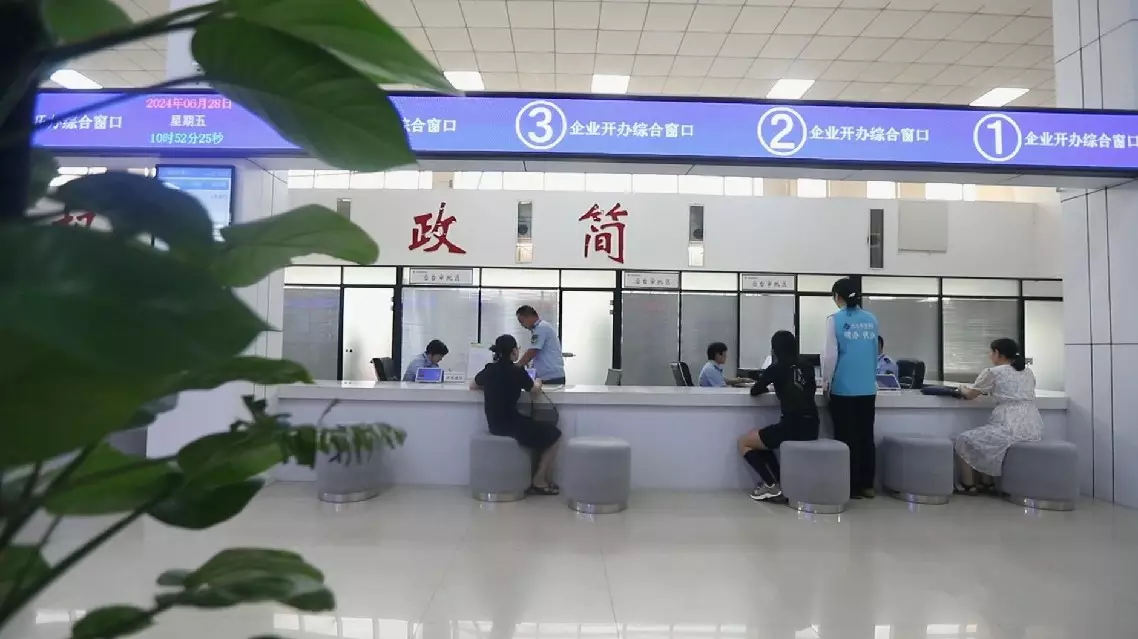
China forges ahead to improve administrative services for public


